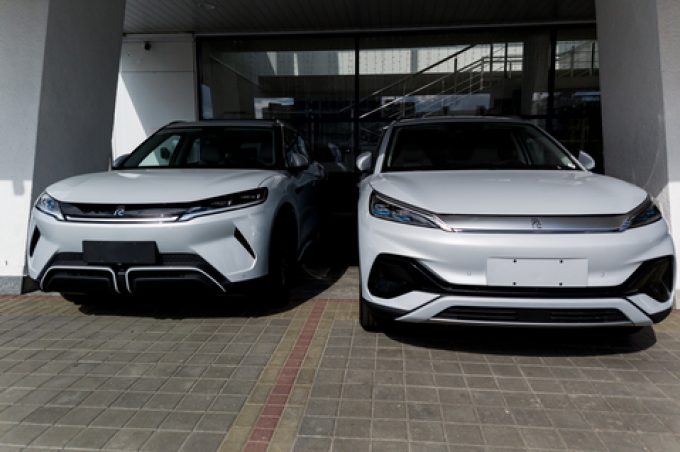Ever thought about the tariff grief cycle?
Let’s look, and don’t forget the green (net-zero 2050) angle…

The EU imposition of tariffs on Chinese electric vehicles this month is not expected to significantly dent export volumes to the continent, according to a Clarksons report.
Even with the tariffs, Chinese EV brands remain competitively priced in Europe, compared with European brands.
Depending on manufacturer, the tariffs range from 17% to 38% – on top of the standard 10% tariff on imports of Chinese-made cars.
Chinese auto makers could also circumvent the tariffs by shifting more production to Europe, or to countries ...
'It’s healthy competition' Maersk tells forwarders bidding for same business
Transpacific sees first major MSC blanks as rates fall and volumes falter
US shippers slam USTR port fee plan – 'an apocalypse for trade'
Opposition builds for final hearing on US plan to tax Chinese box ship calls
Despite sourcing shifts, 'don't write-off China', says CMA CGM CCO
White House confirms automotive tariffs – 'a disaster for the industry'
Cargo chief quits WestJet as freighter operations cease
New price hikes may slow ocean spot rate slide – but for how long?

Comment on this article